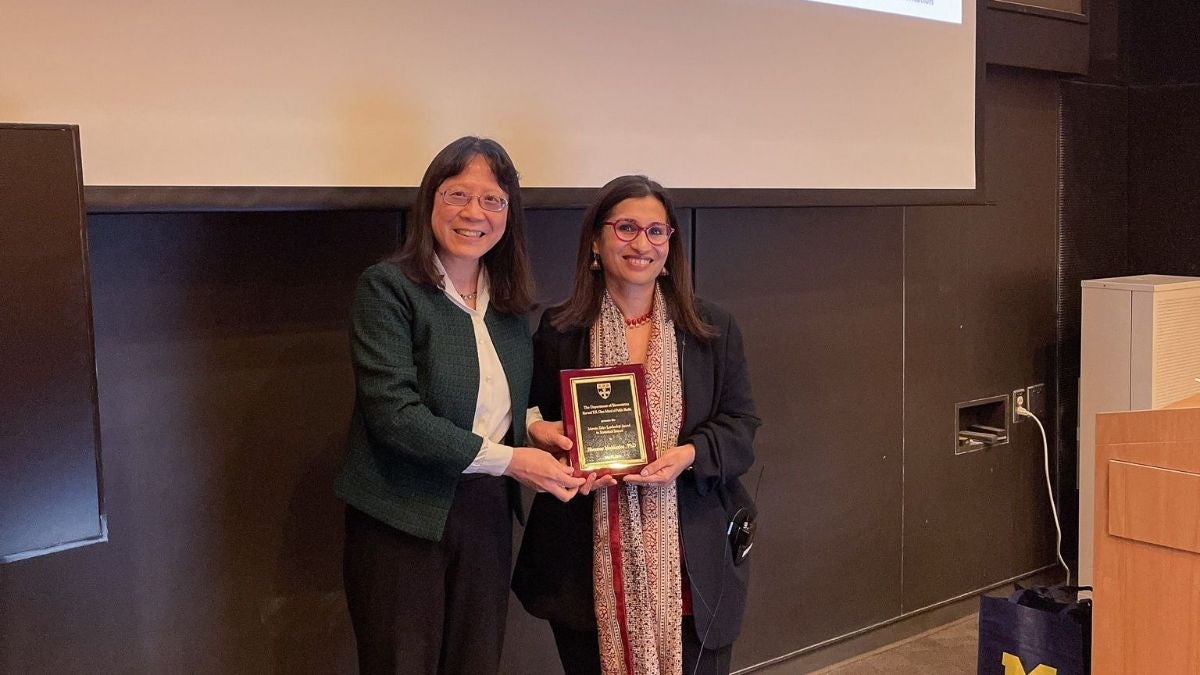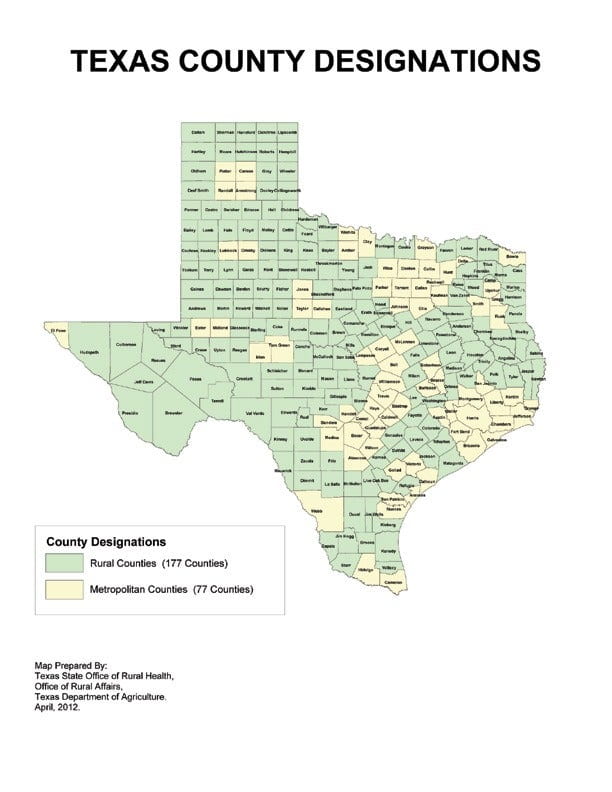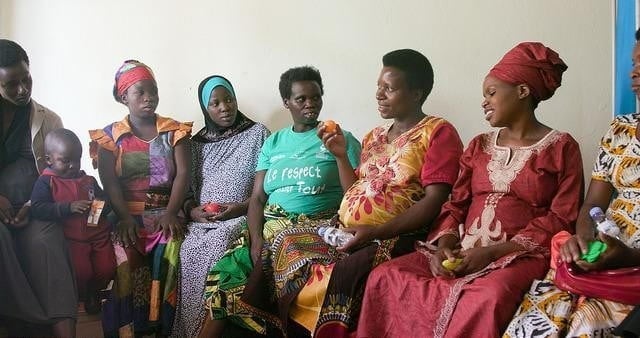Maternal Health Task Force
The Maternal Health Task Force strives to create a strong, well-informed and collaborative community of individuals focused on ending preventable maternal mortality and morbidity worldwide.
677 Huntington Avenue
Boston, MA 02115
Blog
-
Insight Into Maternal Health in Humanitarian Crisis Settings
In honor of World Refugee Day, the Maternal Health Task Force interviewed Jocelyn Finlay, a researcher investigating the provision and use of maternal health services in an urban setting and within refugee camps in Burundi. According to Finlay, “We wanted to hear about the maternal health services offered, and used, and see if the gap is generated by lack of supply or lack of demand.”…read more

-
RSVP Today! Global Maternal Health Symposium on 17 September
Please join us on 17 September 2018 to celebrate the 10th anniversary of the Maternal Health Task Force, showcase achievements in global maternal health and chart a course forward for critical steps to end preventable maternal mortality and optimize maternal health around the world…read more
-
Every 11 Minutes: Hypertensive Disorders in Pregnancy Are Deadly (and Have Long-Term Consequences for Mothers and Children)
“Hypertensive disorders in pregnancy are responsible for over 76,000 maternal deaths globally, killing a woman every 11 minutes,” said Charlotte Warren, Senior Associate at the Population Council, at a recent Wilson Center event about non-communicable diseases in pregnancy, held on World Preeclampsia Day…read more
-
New Positions in Maternal and Newborn Health
Interested in a position in reproductive, maternal, newborn, child or adolescent health? Every month, the Maternal Health Task Force rounds up job and internship postings from around the globe. This month, we are featuring positions with Jhpiego, UNFPA, Save the Children and other organizations…read more
-
Pregnancy Clubs: Group Antenatal Care in Uganda and Kenya
Beginning in 2016, Management Sciences for Health began testing the group antenatal care (ANC) model, called Pregnancy Clubs, in eastern Uganda; and later in 2017, the model was adapted for western Kenya. The ANC service design reflects many elements of the “generic model” put forward by J. Sharma et al…read more
-
Why Gender Inequities Must Be Addressed to Improve Maternal Health Care
While some work has been done to develop gender-integrated interventions to improve the health of mothers and babies, there are still unexplored or unanswered questions about the relationship between gender and maternal health. A recent paper explored how gender dynamics—particularly gendered power relations—impact maternal health care access and utilization in eastern Uganda…read more
-
Texas Task Force Calls for Perinatal Care at the Right Place, Right Time
Lack of access to risk-appropriate care, or the right level of care at the right time, has proven dangerous for women and infants in the United States and around the world. Regionalization of care, which is a system for the delivery of health care within a region to ensure accessibility of essential services—even for patients in remote and rural settings—has been in place for decades to designate where infants are born or transferred according to the level of care needed at birth…read more

-
Group Antenatal Care in Rwanda: A Master Trainer’s Perspective
Tiffany Lundeen, a midwife on the Preterm Birth Initiative-Rwanda team based at the University of California, San Francisco recently spoke with Yvonne Delphine Nsaba Uwera, a Rwandan midwife who serves as a master trainer of group care facilitators, about her observations of group care…read more

-
Measuring the Numbers of Untreated Obstetric Fistula: The Example of Ethiopia
While Ethiopia has experienced a reduction in the number of obstetric fistula cases over the last 10 years, estimating the number of women who have untreated obstetric fistula remains complex. We are closer to reaching a fistula-free Ethiopia, but there are still thousands of women who require care…read more
-
International Day to End Obstetric Fistula: Resource Roundup
While there has been tremendous progress in preventing and treating fistula around the world, ending fistula in all forms requires addressing underlying systemic issues and improving access to high quality maternal health care around the world…read more